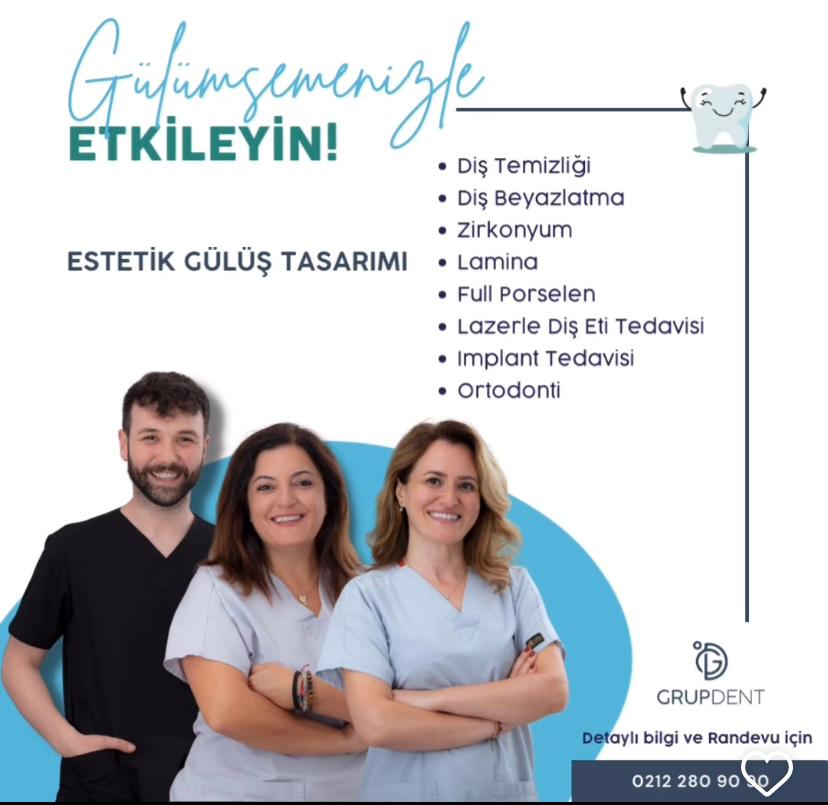Ketogenic Diet (KD) is a type of nutrition containing high fat, low carbohydrates, sufficient protein, and energy, first used in 1921 by Russel Wilder to treat pediatric epilepsy. The macronutrient pattern of the diet is approximately for fat, protein, and carbohydrate, respectively; They are 70%, 25%, and 5%. In this type of nutrition, the body uses fats instead of glucose to obtain energy. To meet the energy needs of the tissues, fatty acids are separated from the fat tissue, and ketone bodies are produced and secreted in the liver.
In addition to being easily used in the heart, muscle tissue, and kidneys for energy production, ketone bodies can also be used as an alternative energy source for the brain by crossing the blood-brain barrier.
Rather than starting KD quickly, starting the diet gradually, slowly, without fasting, without fluid or calorie restriction, and with a liquid formulation largely prevents possible complications.
It is very important to consume the necessary protein to prevent amino acid degradation in KD.
What are the possible benefits of the ketogenic diet?
- KD reduces body weight and waist circumference.
- It has demonstrated that it has remarkable benefits on blood glucose level control and improving lipid profiles in patients with overweight and type two diabetes. Therefore, ketogenic diet intervention may be considered for overweight patients with type two diabetes.
- KD provides a beneficial effect against refractory epilepsy, Parkinson’s disease, Alzheimer’s disease, and traumatic brain injury.
- Ketone bodies, called superfuels, produce more energy than glucose; Thus, it is ensured that the body maintains efficient fuel production even during an energy deficit.
- Ketone bodies also can reduce free radical damage and increase antioxidant capacity.
- Recent studies have shown the curative effect of KD for medical disorders such as asthma, polycystic ovary, obesity, neurological problems, and chronic respiratory and heart diseases.
- KD may protect against heart damage by regulating the heart’s energy metabolism and mitochondrial function.
- It has been shown that heart rate decreases following weight loss due to KD.
- Although CVD has controversial effects on the cardiovascular system, numerous studies have demonstrated a potential role in CVD prevention, treatment, and disease reversal.
- It appears that reducing glucose access to cancer patients by administering low-carbohydrate diets and KDs may have positive effects in slowing the growth of cancer cells.

What may be the side effects of the ketogenic diet?
The most common and minor short-term side effects of the ketogenic diet include a range of symptoms such as nausea, vomiting, headache, fatigue, dizziness, insomnia, difficulty in exercise tolerance, and constipation.
Long-term side effects of the ketogenic diet are vitamin and mineral deficiencies. As a solution, daily electrolytes, multivitamins, potassium citrate and calcium, vitamin D, and mineral supplements should be taken during KD.
People with diabetes and taking insulin/oral hypoglycemic agents are at risk of severe hypoglycemia if their medications are not appropriately adjusted before starting KD.
The decrease in bone density in individuals applying KD causes the development of osteoporosis in the future and a decrease in fiber intake due to the decrease in carbohydrate intake. A decrease in fiber intake is likely to cause digestive disorders.
Who should not follow the ketogenic diet?
Due to the side effects of the ketogenic diet, it may be unsafe for pregnant and lactating women, diabetic patients, children and adolescents, kidney patients, elderly people at risk of fractures, those with a history or risk of ketoacidosis, and dehydrated people. Since carbohydrates are replaced by carbohydrates as the main energy source in the diet, it may be unsafe for people with fat metabolism disorders. Serious problems may develop in patients. Therefore, it must be applied under the supervision of a healthcare professional.
Email: dytesratoktay@gmail.com
Instagram: @uzmandiyetisyenesratoktay
References
https://pubmed.ncbi.nlm.nih.gov/36079756/
https://www.ncbi.nlm.nih.gov/pmc/articles/PMC7480775/
https://www.ncbi.nlm.nih.gov/pmc/articles/PMC9408028/
https://dergipark.org.tr/en/download/article-file/1770026
http://cusbed.cumhuriyet.edu.tr/en/download/article-file/1450167



